In the vast landscape of medical research, the journey from a groundbreaking laboratory discovery to a real-world health solution can be a lengthy and intricate process. This journey is where translational medicine steps in, acting as a bridge between the laboratory and the patient’s bedside. In this exploration of translational medicine, we’ll uncover its significance, the challenges it faces, and the remarkable impact it has on advancing healthcare.
The Pioneering Spirit of Translational Medicine
Translational medicine is a discipline that embodies the essence of progress in healthcare. It involves translating scientific discoveries made in the laboratory into practical applications that improve patient care and public health. It’s the conduit through which innovations such as new treatments, diagnostic tools, and preventive strategies reach the people who need them most.
The Translational Medicine Spectrum
Translational medicine is often visualized as a spectrum with four main phases:
T1 Translation: This phase involves the translation of basic scientific discoveries into potential clinical applications. Researchers work on validating their findings and assessing their relevance to human health.
T2 Translation: At this stage, researchers focus on transforming validated findings into clinical guidelines and protocols. Clinical trials play a crucial role in evaluating the safety and effectiveness of these potential interventions.
T3 Translation: T3 translation is about translating research into practice. It involves implementing clinical guidelines and interventions in real-world healthcare settings, assessing their impact, and refining their use.
T4 Translation: The final phase centers on the translation of population-level outcomes into policies and practices that can have a broader public health impact.
The Impact of Translational Medicine
Translational medicine has been the driving force behind some of the most significant medical breakthroughs in recent history. Here are a few examples that showcase its impact:
Vaccines: The rapid development of vaccines, especially in response to emerging infectious diseases like COVID-19, is a testament to the power of translational medicine. Researchers quickly translated their knowledge of the virus into effective vaccines that have saved countless lives.
Cancer Therapies: Advances in cancer treatments, such as immunotherapies and targeted therapies, are the result of translational research. Understanding the underlying biology of cancer has led to tailored treatments that improve outcomes and reduce side effects.
Precision Medicine: Translational medicine has paved the way for precision medicine, where treatments are personalized based on an individual’s genetic makeup and specific disease characteristics. This approach has revolutionized healthcare in areas like oncology and rare diseases.
Challenges and Hurdles
While translational medicine has made remarkable strides, it is not without its challenges:
Time and Resources: The journey from lab discovery to clinical application can take years or even decades. It requires substantial financial investments, collaboration between researchers and clinicians, and the patience to navigate the complex regulatory landscape.
Data Integration: Integrating vast amounts of data from various sources, including genomics, clinical records, and patient outcomes, can be daunting. Developing tools and methods to effectively manage and analyze this data is an ongoing challenge.
Patient Participation: Successful translational research often depends on patient participation in clinical trials and studies. Encouraging patient engagement and addressing concerns about privacy and data security are essential.
The Future of Translational Medicine
As we look to the future, several exciting developments are poised to shape the field of translational medicine:
Data Science and AI: Advances in data science and artificial intelligence (AI) are revolutionizing how researchers analyze and interpret data. AI can identify patterns and insights that might be missed by human researchers, accelerating the translation process.
Collaborative Networks: Increasingly, translational research relies on collaborative networks that bring together experts from various disciplines. These networks foster innovation and help overcome complex challenges.
Patient-Centric Approaches: The emphasis on patient-centered care is growing. Patients are becoming active partners in the research process, providing valuable insights and contributing to study design.
Global Health Initiatives: Global collaborations and initiatives are tackling health challenges that transcend borders, such as infectious diseases and pandemics. These efforts highlight the importance of international cooperation in translational medicine.
Final Thoughts:
Translational medicine is the linchpin that transforms scientific discoveries into tangible benefits for individuals and society as a whole. It is the embodiment of the relentless pursuit of better health outcomes, driven by the dedication of researchers, clinicians, and patients alike. As we continue to navigate the complex terrain of healthcare, translational medicine remains a beacon of hope, guiding us toward a healthier and brighter future.







